Search
Remove Ads
Advertisement
Summary 
Loading AI-generated summary based on World History Encyclopedia articles ...
Search Results

Definition
Johannes Kepler
Johannes Kepler (1571-1630) was a German astronomer and mathematician most famous for creating what was up to that point the most accurate model of planetary astronomy with his three laws of planetary motion. Kepler was the first to present...

Image
Johannes Kepler
A portrait of Johannes Kepler (1571-1630) the astronomer who created the then most accurate model of planetary astronomy and the laws of planetary motion. (Kepler Museum, Weil der Stadt, Germany)
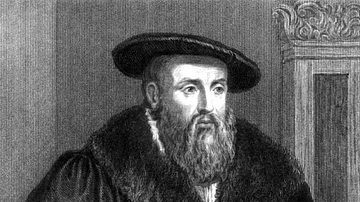
Image
Johannes Kepler by Mackenzie
A 19th-century engraving of the astronomer Johannes Kepler (1571-1630) by Frederick Mackenzie. (Smithsonian Libraries)
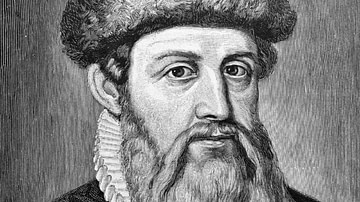
Definition
Johannes Gutenberg
Johannes Gutenberg (l. c. 1398-1468) was the inventor of the printing press (c. 1450) who seems to have developed the device from wine and oil presses of the time. Gutenberg’s printing press not only revolutionized book making but literally...
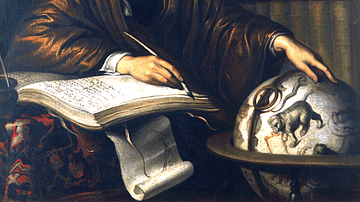
Definition
Johannes Hevelius
Johannes Hevelius (1611-1687) was a Polish astronomer based in Danzig (Gdańsk). He worked from his own privately funded observatory, creating maps of the Moon's surface, discovering the first variable star, and spotting several new comets...
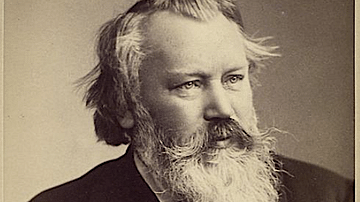
Definition
Johannes Brahms
Johannes Brahms (1833-1897) was a German composer of Romantic music best known for his symphonies, songs, and orchestral, chamber, and piano music. A great student of the history of music, Brahms was convinced that only by working within...
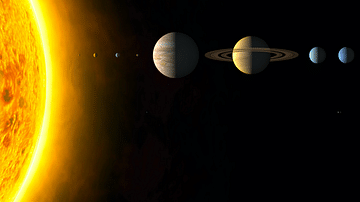
Article
Astronomy in the Scientific Revolution
The astronomers of the Scientific Revolution rejected long-held theories of ancient thinkers like Claudius Ptolemy and Aristotle and instead set out to systematically observe the heavens in order to create a model of the universe that fit...

Definition
Tycho Brahe
Tycho Brahe (1546-1601) was a Danish nobleman who made the most significant contribution to our knowledge of astronomy before the telescope arrived. He discovered a supernova, observed the elliptical interplanetary orbit of a comet, updated...
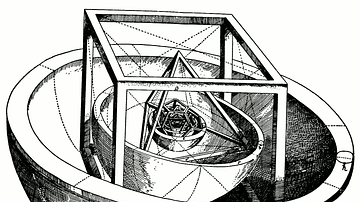
Image
Kepler's Platonic Solid Universe Model
A diagram showing the idea of Johannes Kepler (1571-1630) that the planets of the universe were made up of Platonic solids set within each other. From Kepler's Mysterium Cosmographicum (1596)
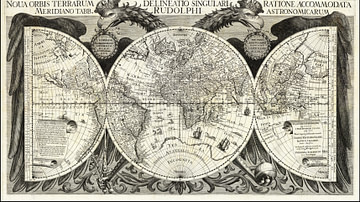
Image
Kepler's Map of the World
A map of the world according to Johannes Kepler (1571-1630) and published in his Rudolphine Tables in 1627. (web.archive.org)